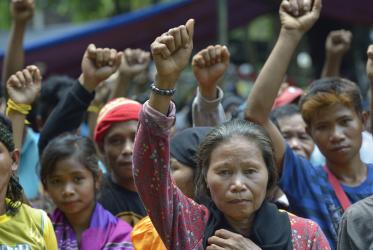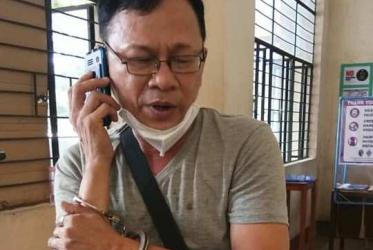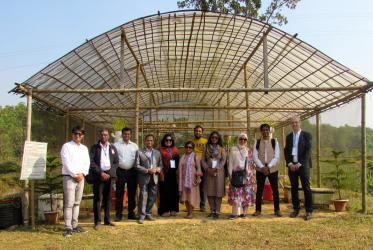Displaying 1 - 20 of 62
Climate crisis fuels existing water injustice
27 October 2021
WCC organises event on “The Human Rights Situation in the Philippines”
18 September 2019
WCC condemns massacre of farmers in Philippines
12 April 2019
El CMI condena el asesinato de campesinos en Filipinas
12 April 2019
Workshop in Bangladesh links climate, economic justice
07 February 2019










